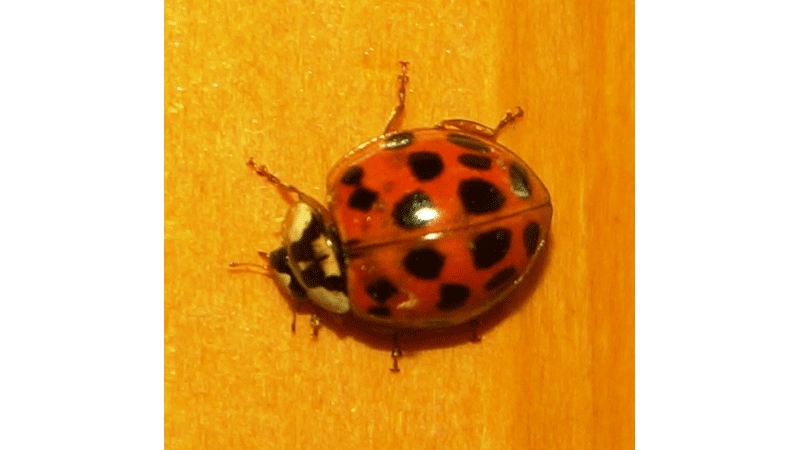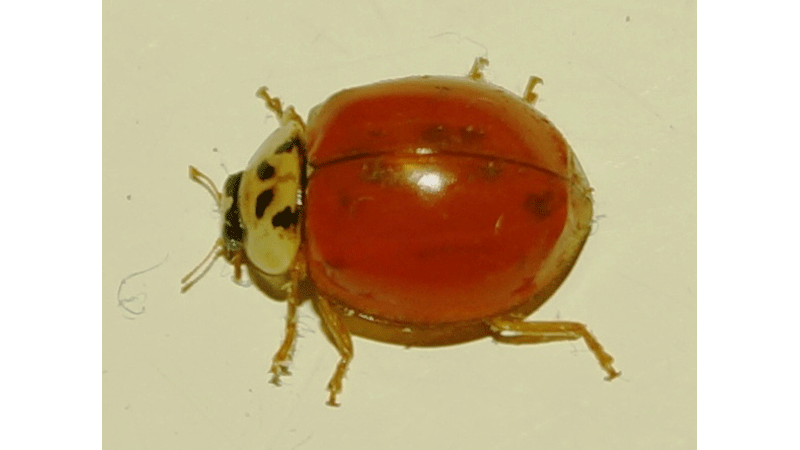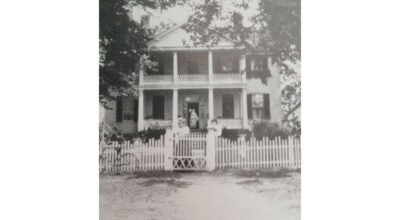Ladybugs in your home in the winter?
Published 6:00 am Friday, February 25, 2022
|
Getting your Trinity Audio player ready...
|
By John Bunch
Master Naturalist
Each winter in our area, along with bouts of cold temperatures, many of us can additionally be assured of visits of Lady Bugs into our homes. Amazing how they can find a way in.
Over the course of the 20th century the U.S. Department of Agriculture, on a number of occasions, released Asian Multicolored Lady Beetles into the environment with idea of pest control. Instead of using pesticides, these beetles were brought in to control the aphid problem in pecan orchards. Along with all the other lady beetle species, they are well known for their voracious appetite of aphids and scale insects and it was hoped that the beetles would serve as a safe combatant to these pesky insects. Being able to use natural predators is certainly a much safer choice than the use of toxic pesticides. As a result of the repeated releases, the Asian Multicolored became entrenched in our environment and may now be competing with our native species of lady beetles.
The Asian Multicolored differ from our native species in that they’ll congregate in the winter seeking warmth and may at times get into our homes for that purpose. If they do enter in, be assured that they don’t mate, lay eggs, or eat anything, only being here for the warmth. They tend to use man-made structures since these provide the protection and warmth what the overwintering insects desire.
These beetles can have a great variation in their coloration, hence the name Multicolored, and also in the appearance of the black spots found on their back. Those spots can number greater than 16 and can be very prominently black or in some cases not show at all, hence leaving a solid color background. One common denominator in determining the Asian Multicolored is by the black spot arrangement on their heads and pronotum (that area just behind the head but before the back that holds the wings). The included photo shows that aforementioned black spot arrangement.
In autumn about 10 years ago I was on a rural road in West Virginia searching for fossils along a road cut. I soon noticed that ladybugs were all-around me, en masse, flying up the side of that hill. I look back on this now and realize that this must have been that Asian species. And one more thing about these beetles, these guys can actually bite you. My wife can attest to that.
If you are a person with a disability and require any assistive devices, services, or other accommodations to participate in this activity, please contact the Isle of Wight Extension Office at (757) 365-6261 during the hours of 8:30 a.m. and 5 p.m. to discuss accommodations five days prior to the event. *TDD number is (800) 828-1120.







